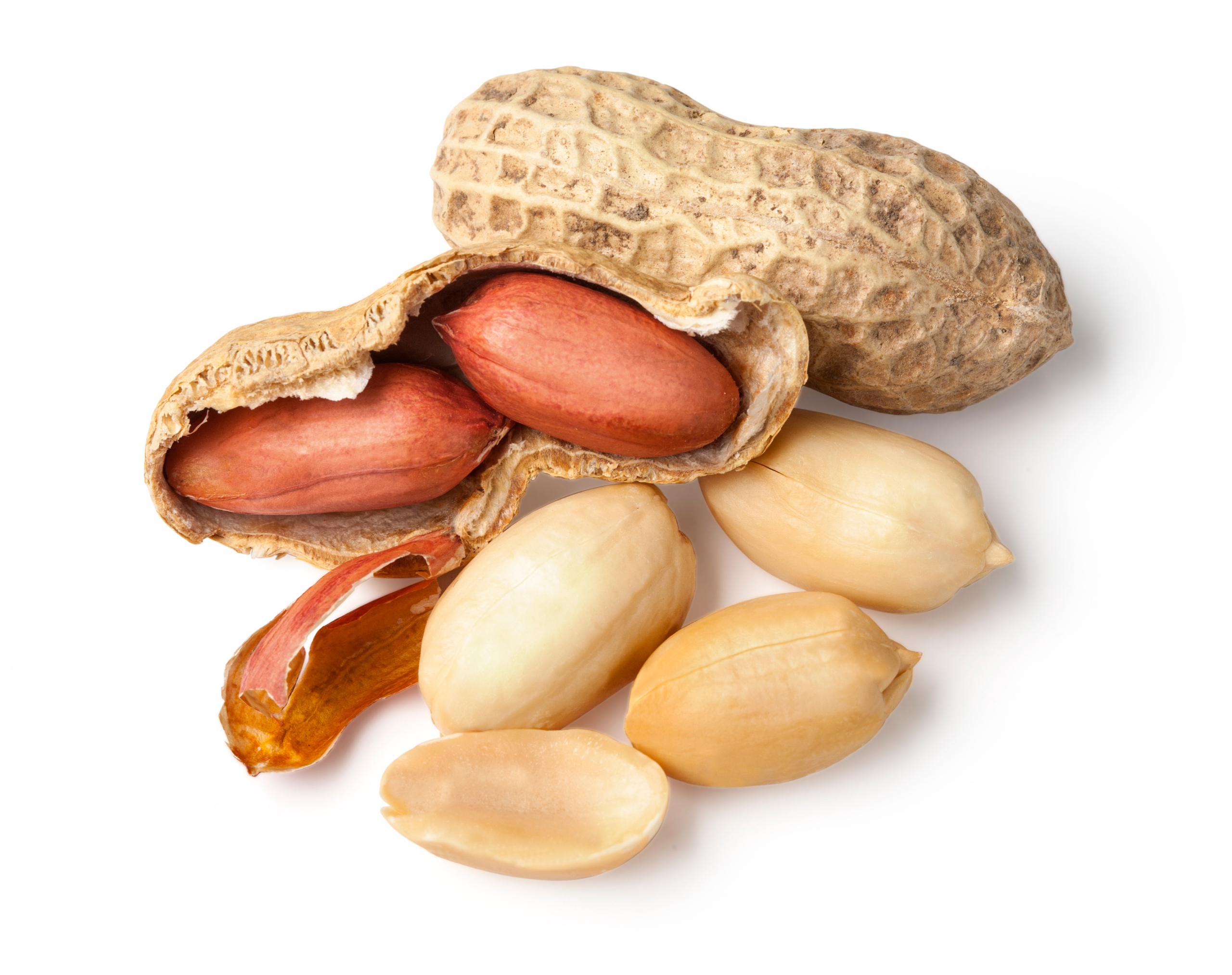Mars commits $5 million to genomic research programme targeting peanut crop losses
Mars, Incorporated has announced a five-year, $5 million investment in advanced agricultural science aimed at developing more resilient peanut varieties through its new Protect the Peanut Plan. The initiative addresses significant crop losses that prevent up to 30% of peanuts from reaching market, representing hundreds of millions of dollars in losses to farmers globally.
The confectionery giant, which purchases over 300 million pounds of peanuts annually for brands including Snickers and M&M’s, has identified crop vulnerability as a critical supply chain challenge. Current selection criteria are stringent, with only one in 100 peanuts meeting quality standards for Peanut M&M’s production.
Genomic mapping advances breeding precision
The new funding builds upon Mars’s existing $10 million investment in peanut research, including its role as co-founder of the Peanut Genome Initiative. This collaborative effort successfully mapped more than 2.5 billion DNA base pairs – comparable to the human genome – with data made available as open-source science for industry-wide use. “We have long believed that Mars can play a unique role as an engine of innovation, which is why we’re thinking in generations and betting big on science to protect the peanut,” said Amanda Davies, Chief R&D, Procurement and Sustainability Officer, Mars Snacking. “We know that the perfect peanut won’t be discovered by accident. It will take long-term investment, scientific ingenuity, and the dedication of our incredible partners to keep turning potential into progress – from the greenhouse to the farmer’s field.”
Research partnerships target multiple challenges
The programme supports collaborative research across several institutions, including the University of Georgia’s Wild Peanut Lab, HudsonAlpha Institute for Biotechnology, and the USDA Agricultural Research Service. Research objectives include developing drought-resistant and disease-resistant varieties through partnerships with Instituto Agronômico de Campinas and the Brazilian Agricultural Research Corporation.
Initial results demonstrate the programme’s potential impact. The University of Georgia has developed more resilient varieties capable of increasing yields by up to 30%, including the Sempre Verde (“Forever Green”) cultivar now grown in Brazil without fungicide requirements.
Dr. Soraya Bertioli, Senior Research Scientist at the University of Georgia’s Institute of Plant Breeding, Genetics and Genomics, emphasised the collaborative approach: “The cultivated peanut was a once-in-a-millennium accident of nature, but we can’t afford to wait for chance to strike twice. Creating more resilient peanuts requires transformative science, discipline and partnership. Simply put: Our breakthroughs would not be possible without the long-term support of Mars.”
The initiative forms part of Mars’s broader Sustainable in a Generation plan, addressing food security challenges through scientific innovation and industry collaboration.
For more information, visit: www.mars.com/protect-the-peanut




